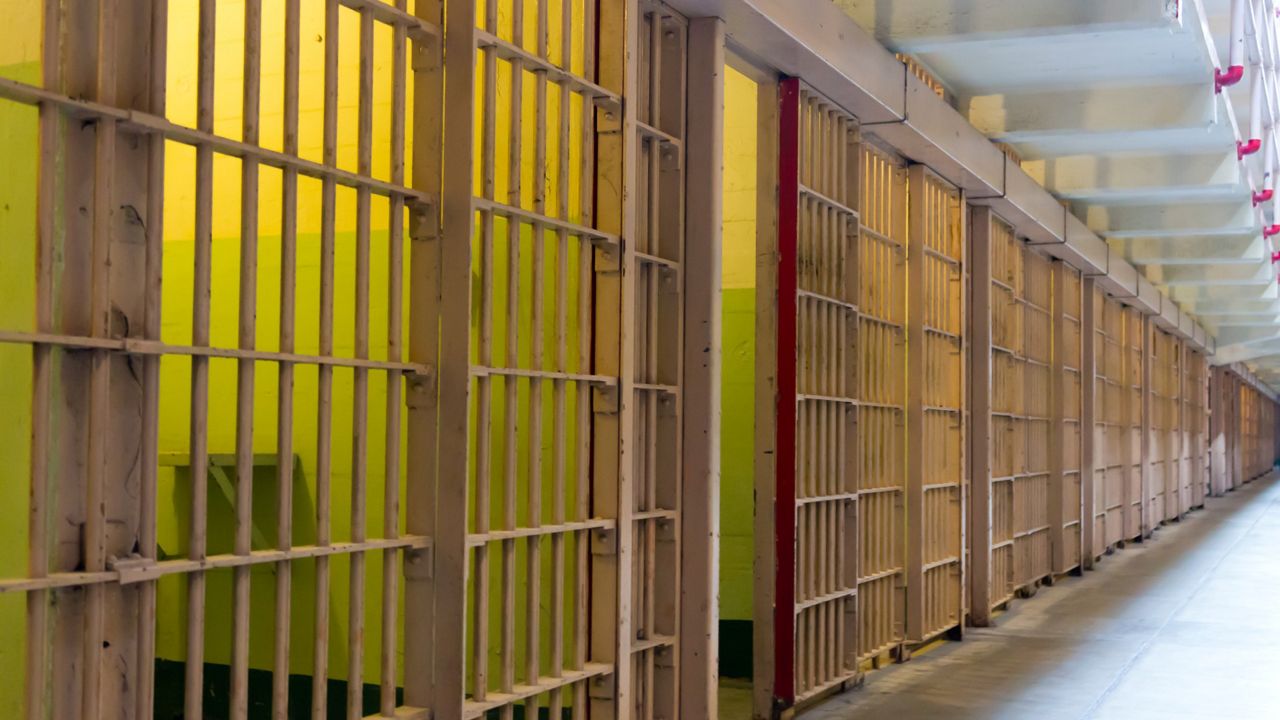The debate over New York's bail laws include calls for giving judges more power over whether a person charged with a crime should be sent to jail. But supporters of the legislation are fighting back, saying the law is working as intended.
This week, Gov. Kathy Hochul said she agrees with the intent of measures ending cash bail requirements for many crimes in order to reduce the number of people in jails across the state as they await a trial.
But a growing number of Democratic and Republican lawmakers say changes are needed. New York City Mayor Eric Adams has endorsed making changes as well, changes top Democrats in the state Legislature have indicated they won't budge on.
"I just think [that as] the political pressure continues to build, ultimately some of these legislators will have to decide whether to get re-elected or make some common sense changes to this law," said Assembly Minority Leader Will Barclay.
State officials need to speak with law enforcement experts and officials to get a better sense of what needs to be done, pointing to the defendants who are arrest and arraigned, only to be re-arrested again, Barclay said.
"What happens? Is there anytime when we talk about three strikes and you're out? Is there ever a time when someone is arrested 20 times and you can't institutionalize them?" Barclay said.
But some supporters of bail laws are pushing back.
"We've seen a concerted campaign of misinformation around what bail reform and discovery reform actually do," said MK Kaishian, a civil rights attorney with the public policy advocacy organization Zealous.
She is part of a project that launched this week meant to provide facts on the impact of cash-free bail. Court data has shown about 2% of people who were released after arrest have been re-arrested for a violent crime.
"Arrests alone are not actually proof of guilt," Kaishian said. "It's an allegation made by the police so of those 2% even fewer involve allegations of actual harm and fewer than that involve actual dispensation of actual guilt in a case."
The project is part of a broader effort to combat negative perceptions of the bail law changes by the media and law enforcement.
"It's simply untrue, this picture that's been painted where people who oppose the use of incarceration every time something happens, that those people are less invested in public safety," she said.


